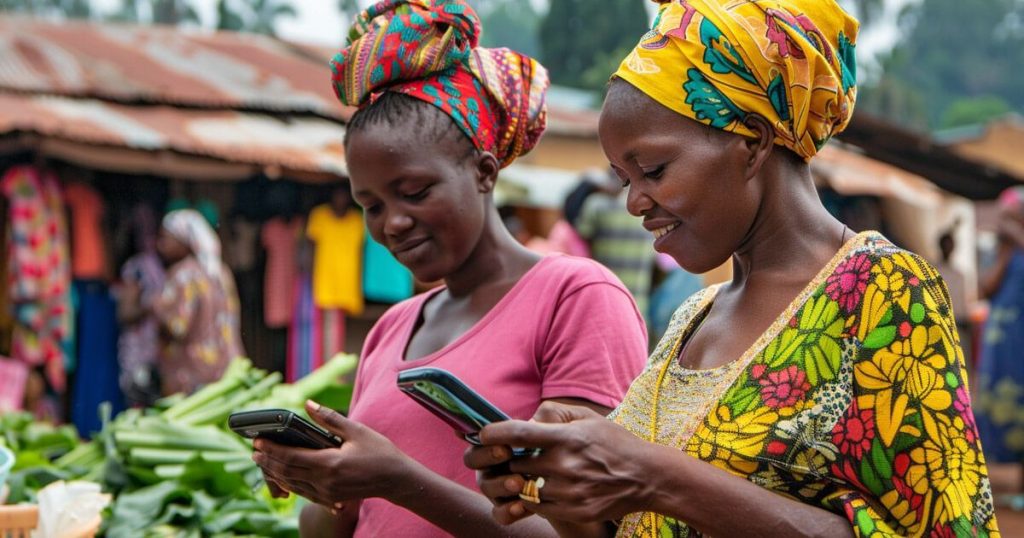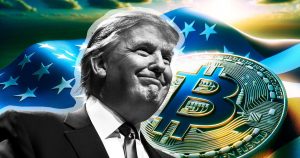Decentralized Payments: Unleashing Economic Development

The Rise of Decentralized Finance
In an era where digital innovation reshapes our economic landscapes, decentralized payments stand at the forefront of this transformation. As a pivotal component of decentralized finance (DeFi), these payment systems are not just technological advancements but gateways to significant economic development. This article delves into how decentralized payments are catalyzing growth across various sectors, offering a new horizon of financial inclusivity and efficiency.
What Are Decentralized Payments?
Decentralized payments utilize blockchain technology to conduct transactions without the need for traditional financial intermediaries such as banks or credit card companies. This approach not only reduces transaction costs but also enhances transaction speed and accessibility, making financial services available to unbanked populations worldwide.
The Impact on Economic Development
Broadening Financial Inclusion
One of the most compelling benefits of decentralized payments is their role in broadening financial inclusion. By bypassing conventional banking infrastructure, these systems provide direct access to financial services for individuals in remote or underserved regions.
Case Study: Mobile Money in Africa
In Africa, mobile money platforms like M-Pesa have revolutionized banking, allowing millions to leapfrog traditional banking hurdles. Decentralized platforms could push this envelope further, offering even lower fees and greater accessibility.
Enhancing Business Efficiency
Lower Transaction Costs and Faster Settlements
Decentralized payment systems reduce the layers of processing typically involved in traditional banking. This streamlining leads to significantly lower transaction costs and faster settlements, which is a boon for businesses of all sizes.
Real-World Application: Small Businesses Thriving
Consider a small online retailer that adopts decentralized payments to handle international transactions. The elimination of hefty bank fees and reduction in transaction times from days to minutes can transform its business model, boosting both profitability and customer satisfaction.
Fostering Innovation and Competition
The Ripple Effect of Open Platforms
Decentralized payment platforms are inherently open, meaning they encourage innovation. Developers can build new services on top of existing blockchains without seeking permission from central authorities, leading to a surge in creative financial products.
Challenges and Considerations
While the potential of decentralized payments is immense, there are challenges to consider, such as regulatory uncertainty and the need for technological literacy. Addressing these issues is crucial for the mainstream adoption of decentralized financial technologies.
The Future is Decentralized
As we move forward, the integration of decentralized payments into our daily financial dealings seems not just plausible but inevitable. These systems offer a pathway to more democratic and efficient economic structures, promising a future where financial empowerment is accessible to all.
Decentralized Payments
- What exactly are decentralized payments?
Decentralized payments are transactions that occur on a blockchain network without the need for traditional financial intermediaries. - How do decentralized payments promote economic development?
They increase financial inclusion, reduce transaction costs, and foster business efficiency and innovation. - Are there any significant risks associated with decentralized payments?
Yes, including regulatory challenges and the need for greater technological understanding among users. - Can decentralized payments really replace traditional banking?
While they offer numerous advantages, a complete replacement of traditional banking systems is unlikely in the near future due to regulatory and adoption hurdles. - What future developments can we expect in decentralized payment technologies?
Ongoing innovations and more robust regulatory frameworks are likely to enhance the usability and security of decentralized payment systems.





